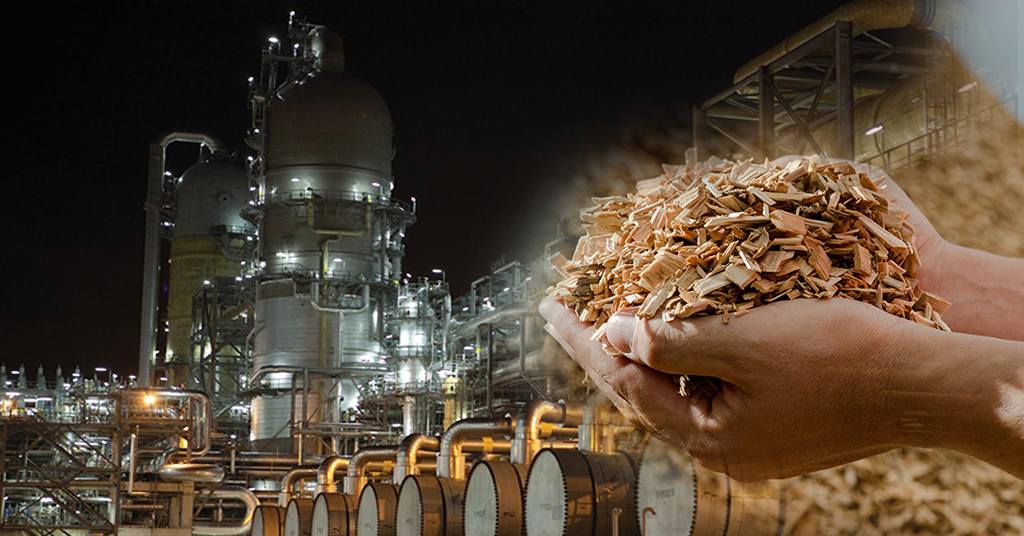Welcome To ChemAnalyst

Hamburg (Germany): Benzene prices in Germany witnessed a drop amidst the demand downturn and lack of placement of new orders in the domestic market. The Brent crude oil and the naphtha prices played a major role in impacting the overall prices of Benzene as the operational rate and the cost are proportionally impacted by these essential elements. Benzene price quotations in the German market were witnessed at USD 950 per MT, FOB Hamburg in the second week of November 2023.
European producers of Benzene derivatives are anticipated to experience a substantial decrease in their contractual commitments for 2024. A year after eurozone inflation peaked at 10.7%, the European Central Bank aggressively raised interest rates to a record 4% to combat rising prices. The disparity with volatility in upstream markets and increased feedstock costs has compelled buyers to reassess their contractual commitments for the upcoming quarter of 2024 to safeguard their precarious financial positions. The persistently high levels of inflation and interest rates throughout the year have contributed to subdued demand. Additionally, the earlier increase in oil prices led to negative production costs for chemical producers in the Benzene supply chain, prompting some to halt production or contemplate rationalization.
A key concern raised by Benzene market participants is whether the costly European production, heavily reliant on oil-based naphtha, is necessary. In Europe, naphtha is used to run refineries, but this method is deemed high-cost. Consequently, current plant operation rates are hovering which is unsustainable for most producers. As a result, there is a pressing need for a resolution in this challenging economic environment.
The demand for Benzene from end-use manufacturing units such as cumene and other aromatics also remained on the softer side. The slowdown is impacting global industrial activities, as China's weaker demand recovery has a ripple effect. Additionally, in Europe, decreased consumer spending due to high inflation and rising interest rates have contributed to a slowdown in the region. The inflationary pressures on energy and feedstock have resulted in reduced industrial production and consumer spending for Benzene. The persistent weakness in these significant regions is expected to have a short-term impact on the demand for chemicals. As per ChemAnalyst, the Benzene prices in the upcoming weeks are expected to move at a steady pace in the German market as anticipated for the Q4 end. The destocking conduct and uncertainties in the energy cost in the regional market will become an essential factor impacting the overall market dynamics of Benzene.
We use cookies to deliver the best possible experience on our website. To learn more, visit our Privacy Policy. By continuing to use this site or by closing this box, you consent to our use of cookies. More info.
